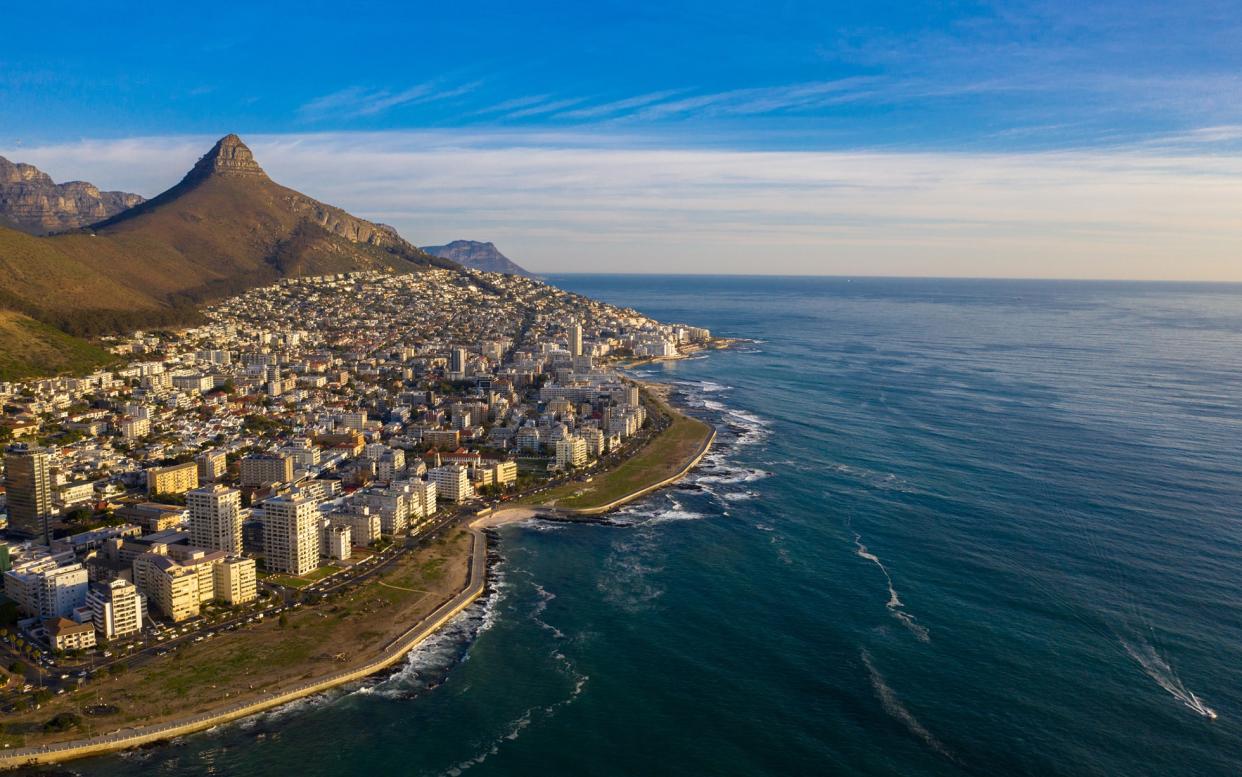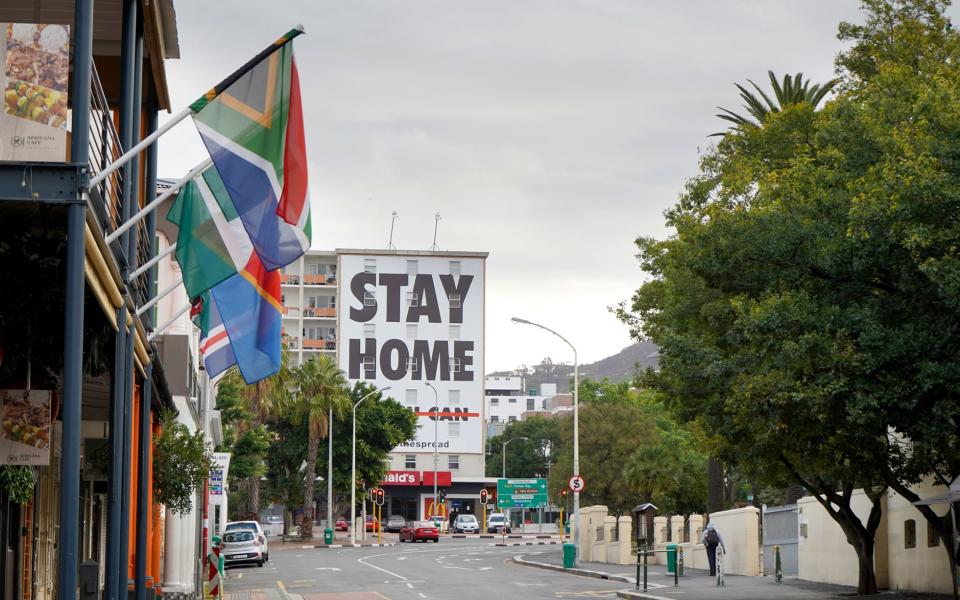Can I visit South Africa? Latest travel advice as the country opens up to British tourists

South Africa has announced that it has opened its international borders to all nations, meaning Britons are at last be able to visit.
President Cyril Ramaphosa said on Wednesday, November 11: "We are opening up international travel to all countries subject to the necessary health protocols and the presentation of a negative Covid-19 certificate.
"By using rapid tests and strict monitoring we intend to limit the spread of the infection through importation. We expect that these measures will greatly assist businesses in the tourism and hospitality sectors."
The South African Tourism UK board has now stated that the new rules kick in "effective immediately".
The nation relies heavily on tourism, which accounts for 10 per cent of its GDP, and December is peak season.
South Africa reopened its international borders on October 1, but not to countries it deemed "high-risk"; among them the UK, Spain, Italy, Germany, France, Belguim and the US. This list has now be scrapped.
The nation – beloved in particular by safari-enthusiasts – closed its borders on March 27, and has been one of the world's hardest-hit countries since the beginning of the pandemic, recording more than 742,000 cases and over 20,000 deaths to date.
However, case numbers have dropped and levelled out in recent months, allowing the South African Government to ease lockdown and travel restrictions. Ramaphosa also confirmed on November 11 that he would lift the weekend ban on alcohol sales.
So does this mean you will soon be able to travel to South Africa? Here we answer all of your questions regarding quarantine, travel insurance, tests and flights into South Africa.
Will I be able to go to South Africa this year?
Yes, as of November 11, the country is open to all nations.
Would I need to take a test?
On arrival, all passengers will be required to present a negative PCR test, taken no longer than 72 hours before departure.
You will also be subject to a health screening on arrival, which will check for symptoms and temperature. If you are symptomatic, you will be subject to additional testing and could face a possible quarantine.
Will I need to quarantine on arrival?
If you have evidence of a negative PCR test, you will not need to go into a mandatory quarantine. However, if you do not you will be required to go into a 14-day isolation.
All arrivals will be asked to download the Government's contract tracing app for the duration of their stay.
Will my insurance be valid if I go?
The Foreign, Commonwealth and Development Office (FCDO) currently warns against all-but essential travel to South Africa. This means that, unless you have a special travel insurance policy that allows travel to red-listed countries your travel insurance will likely be invalidated.
Will I have to quarantine on my return?
Yes. As it stands, South Africa does not fall on the UK's travel corridors list. This means that you will need to go into a mandatory 14-day quarantine on your return to the UK. In the interests of changing this, Telegraph Travel has launched Unlock Long Haul, a campaign for winter sun destinations with low Covid rates to be awarded travel corridors.
Will South Africa get a travel corridor any time soon?
Don't rule it out. Cases in the country are dropping and, for the first time in months, the infection rate is now just below 20 per 100,000 based on seven-day figures; the threshold after which the UK Government was initially imposing or removing quarantine.

By that logic, South Africa (19.5) should be in for a travel corridor.
Are flights operating?
Yes. British Airways, Virgin Atlantic and South African Airways are operating flights between the UK and South Africa.
You can travel in November between Heathrow and Johannesburg, from £441 return.
What are the restrictions in South Africa?
South Africa implemented one of the world’s strictest lockdowns 10 days after recording its first case of coronavirus in March.
It declared an official "state of disaster", a seven-week lockdown that saw the outlawing of sales of all but food and pharmaceuticals, a travel ban within the country and the shutdown of all international airports.
There are still a number of social distancing rules and hygiene measures in place, to reduce the spread of Covid-19. These include:
Face masks required in all public spaces
A curfew between midnight and 4am
Gatherings limited to 50 per cent of capacity (250 max indoors, 500 max outdoors)
Is it safe to travel?
Cape Town has certainly been working hard to rid itself of Covid-19. The Continent’s southernmost city has become the first in South Africa to receive the World Travel and Tourism Council’s (WTTC) ‘Safe Travels’ stamp.
South Africa announced that its domestic tourism sector was open and ready on August 18. This coincided with the country reducing its alert level to two, allowing the resumption of economic activity across most industries within South Africa.
Now, cities – and the tourism businesses within them – are applying for marks that demonstrate their safety and help give consumers confidence during the ongoing pandemic.
The WTTC’s stamp is, according to its website, “a specially designed stamp that will allow travellers to recognise governments and companies around the world which have adopted health and hygiene global standardised protocols.”
“This is a great achievement as it highlights that as a destination, we are committed to be aligned with the Safe Travel protocols as set out by WTTC,” said Enver Duminy, CEO of Cape Town Tourism, of the news. “It emphasises that we are serious about being a safe destination for travelers and that we are ready to cautiously but warmly welcome visitors back again.”


